Marketing Tips - Research Tool
Marketing Monday
Harnessing the Power of Social Media: An Essential Research Tool for Businesses
Social media has transformed the way businesses interact with their customers, prospects, and communities. While social media platforms are often associated with leisure and entertainment, they have also evolved into powerful research tools that offer invaluable insights into consumer preferences, needs, and trends. By actively listening and engaging with users, businesses can leverage social media channels to gain a deeper understanding of their target audience and enhance their products, services, and overall customer experience.
Unleashing the Power of Active Listening
One of the key advantages of social media as a research tool is the ability to actively listen to what customers, prospects, and communities are saying about a brand, its competitors, and the industry at large. By monitoring conversations and observing trends on platforms such as Twitter, Facebook, Instagram, and LinkedIn, businesses can uncover valuable information that can inform their decision-making processes.
Identifying Customer Pain Points
Social media channels provide an open forum for individuals to share their experiences, opinions, and frustrations. By paying attention to the feedback and comments on social media, businesses can identify common pain points faced by their customers. Whether it's a recurring complaint about a product feature, difficulties with customer service, or unmet needs within the market, these insights can guide businesses in addressing critical issues and improving their offerings.
Monitoring Industry Trends and Competitors
In addition to understanding their customers, social media allows businesses to keep a finger on the pulse of the latest industry trends and competitive developments. By following relevant hashtags, industry influencers, and participating in online communities, organisations can stay updated on emerging technologies, changing consumer preferences, and evolving market dynamics. This knowledge empowers businesses to adapt their strategies, develop innovative solutions, and maintain a competitive edge.
Engaging in Meaningful Conversations
Social media platforms are not just places to passively observe; they also offer opportunities for businesses to engage in direct conversations with their target audience. By proactively joining discussions, responding to comments, and addressing concerns, businesses can build stronger relationships with their customers and gain their trust. These interactions not only demonstrate a commitment to customer satisfaction but also provide an avenue for businesses to collect valuable feedback and suggestions for improvement.
Leveraging User-Generated Content
User-generated content (UGC) has become a significant force on social media, with customers sharing their experiences, reviews, and recommendations. This wealth of content can serve as a valuable resource for businesses to understand consumer sentiment and preferences. By analysing UGC, businesses can gauge public opinion, identify brand advocates, and even uncover untapped market segments. Moreover, UGC can be repurposed as testimonials, case studies, and authentic marketing content, enhancing the brand's credibility and reach.
Strategies for Effective Social Media Research
To fully leverage social media as a research tool, businesses should employ a few key strategies:
- Set Clear Objectives: Define the research goals and questions you aim to answer through social media analysis. This clarity will guide your efforts and ensure relevant insights are extracted.
- Select the Right Platforms: Identify the social media platforms that are most relevant to your target audience and industry. Different platforms attract different demographics and communication styles, so focus on those that align with your research goals.
- Utilise Social Listening Tools: There are numerous social listening tools available that can help streamline and automate the data collection process. These tools can assist in tracking keywords, monitoring brand mentions, and analysing sentiment.
- Engage and Build Relationships: Actively engage with your audience by responding to comments, initiating conversations, and asking for feedback. This fosters a sense of community and encourages customers to share their thoughts openly. Stay Ethical and Respectful: When conducting social media research, it is crucial to respect privacy, obtain consent when necessary, and adhere to ethical guidelines. Use the insights gained responsibly and be mindful of the potential biases and limitations inherent in social media data.
- Stay Ethical and Respectful: When conducting social media research, it is crucial to respect privacy, obtain consent when necessary, and adhere to ethical guidelines. Use the insights gained responsibly and be mindful of the potential biases and limitations inherent in social media data.
Social media channels have revolutionised the way businesses conduct research, allowing them to tap into the collective wisdom of their customers, prospects, and communities. By actively listening, monitoring trends, engaging in conversations, and leveraging user-generated content, organisations can gain valuable insights that inform decision-making, enhance customer experiences, and stay ahead of the competition. Embracing social media as a research tool is no longer optional but a necessary step for businesses seeking to thrive in the digital age.
For help and guidance in how to utilise social media as a research tool in your business, contact Helen Stott of Marketing Doris
